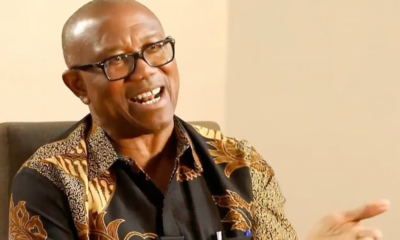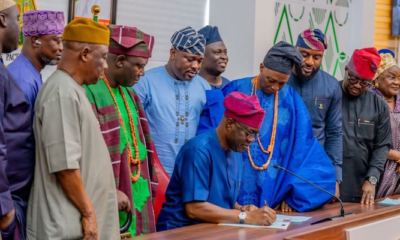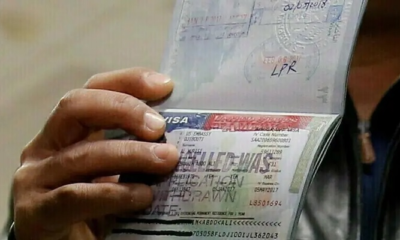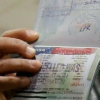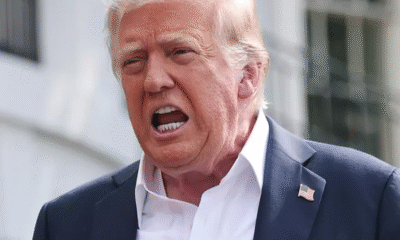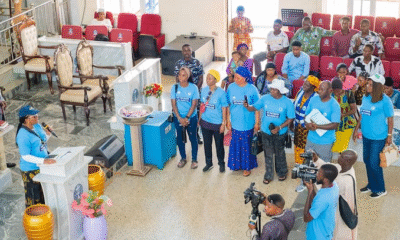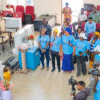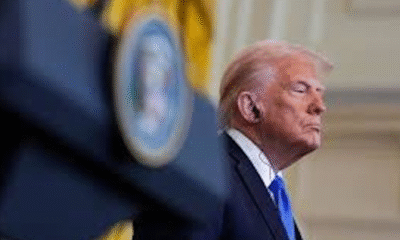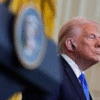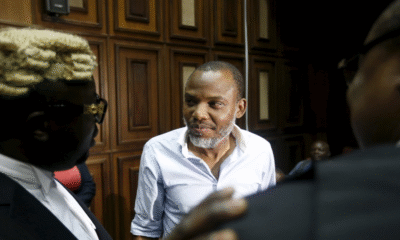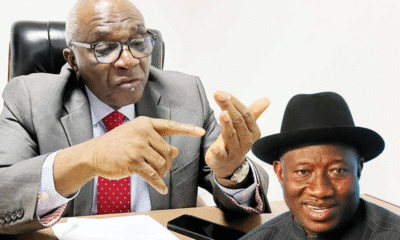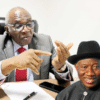Local News
WABMA Decries Gender Bias In Comfort Emmanson, KWAM1 Cases, Demands Equal Justice and Aviation Reforms

The WABMA Media Development Foundation has accused Nigeria’s aviation authorities, law enforcement agencies, and the judiciary of applying “disproportionate and gendered” standards in handling two recent high-profile aviation incidents—the Ibom Air case involving Ms. Comfort Emmanson and the ValuJet case involving Fuji music veteran King Wasiu Ayinde Marshall (KWAM1).
“Our position does not presume the innocence or guilt of any party,” WABMA said in a statement. “Rather, we condemn the disproportionate and gendered weight of state action borne by the woman involved… compared with the markedly lenient, conciliatory response accorded to a politically connected male offender.”
Executive Director Ken Ike Okere was more direct: “When power and status dictate who is protected and who is punished, the result is not enforcement; it is violence by procedure. Nigeria’s institutions must embody justice, not merely perform it.”
The foundation contrasted the swift and forceful action against Emmanson—including arrest, prosecution, and a lifetime flight ban—with what it described as the “lenient” treatment of KWAM1, who allegedly obstructed a ValuJet flight in Lagos after insisting a late aide be allowed to board.
The Ibom Air incident, which went viral online last week, began when crew members reportedly instructed Emmanson to switch off her phone before takeoff from Uyo to Lagos. The disagreement escalated into a physical confrontation, ending in her removal by security personnel. Viral clips showed her clothes torn, her wig removed, and her upper body exposed.
Ibom Air accused her of assaulting the purser and airport officials and imposed a lifetime ban. Supporters claim her phone was already in flight mode and accuse the airline of heavy-handedness.
In contrast, KWAM1 allegedly attempted to prevent a ValuJet aircraft from departing—an act aviation experts say could amount to attempted hijacking — yet he faced no arrest or prosecution. Instead, the Ministry of Aviation appointed him as an ambassador, a move WABMA said “sends the wrong message.”
The group also noted allegations that the musician splashed liquid from a flask on a female pilot and cabin crew in a separate incident, describing it as “another alleged act of gender-based violence.”
WABMA is calling for proportional redress in the KWAM1 case, including revoking his ambassadorial role and replacing it with community service. It is also urging the adoption of gender-sensitive, trauma-informed protocols for arrest, restraint, and passenger removal that explicitly prohibit degrading treatment — such as public exposure — except when absolutely necessary for safety and under documented guidelines.
The foundation further insists that “government agencies apply the same enforcement standards to all offenders regardless of their social or political status” and recommends independent NGO reviews of both cases, with findings made public. It is also advocating for mandatory training for aviation security, police, airline crew, and regulators on gender issues, sexual and gender-based violence, and human rights. This training, WABMA says, should be paired with the deployment of body-worn cameras for security staff, the establishment of robust incident documentation procedures, and standardised, sex-disaggregated incident records detailing the level of force used and the outcomes of each case. In addition, it urged the Nigerian Civil Aviation Authority (NCAA) to “publish quarterly dashboards showing enforcement data to prove that justice is applied equally and to encourage continuous improvement.”
While commending the Minister of Aviation for initiating staff training and introducing an incident documentation policy, WABMA pressed for the creation of “a rapid-response oversight desk, with civil society representation, to review dignity-rights complaints within 72 hours.”
Concluding its statement, the foundation encouraged “responsible media practices that avoid re-victimization while ensuring accountability” and reaffirmed its commitment to “equal justice, humane procedures, and institutions worthy of public trust.”



